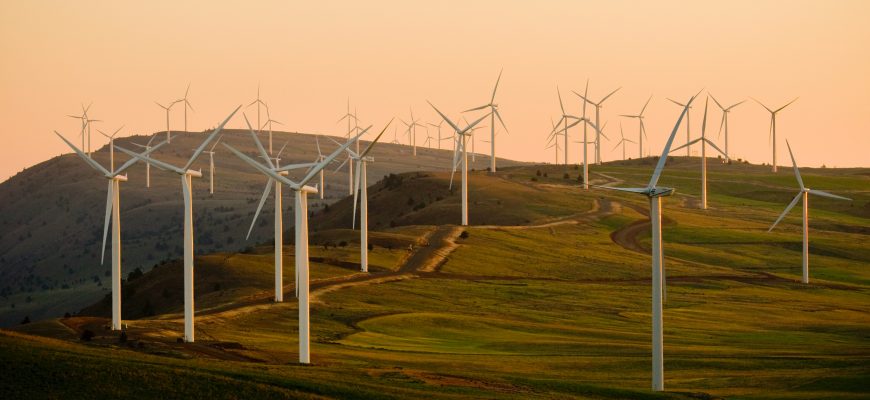
The IIJA is a $1.2T bipartisan funding measure that, while not explicitly written to address climate change, contains funding for renewable energy and resilient infrastructure improvements.
It directs over $100B towards resiliency, environmental remediation, and electronic vehicles, creates a Carbon Utilization Grant Program, and establishes the Carbon Dioxide Transportation Infrastructure Finance and Innovation Program (CIFIA). If adequately implemented, invested, and supported, the IIJA could revitalize and revolutionize U.S. infrastructure and help protect the environment.
However, the IIJA does not fully address the workforce required to undertake these renewable and resiliency-related projects, let alone more traditional infrastructure. The Biden Administration’s original $100 billion in workforce development investment introduced in the American Jobs Plan did not make it into the bill. Projections from the Economic Policy Institute indicate that the IIJA and the budget reconciliation package combined may support more than 4 million jobs per year over ten years. Yet, these potential jobs may remain unoccupied as the U.S. is experiencing a labor shortage. Green and renewable infrastructure face additional factors that may impact their ability to fill positions.
One obstacle to providing an adequate workforce is a longstanding stigma surrounding careers in trade and other technical vocations. In April 2018, the U.S. Department of Education expected 68% more job openings in infrastructure/transportation-related fields over the next ten years than people finishing related educational programs and ready to fill those roles. However, the societal shift from the pandemic leads more unemployed persons to alternative career paths, such as the trades. Career and technical colleges operating in Georgia, Florida, and Texas saw an increase in enrollment of 20% in 2020 and 16% so far in 2021.
Recognizing an opportunity to fill the gap, private companies have started investing in training programs. In September 2021, Stanley Black & Decker announced their Empower Makers Global Impact Challenge, providing grant funding to nonprofits that train or retrain workers in various trades. Also, in September, The Home Depot Foundation and other partners opened the BuildStrong Academy of Orlando, where trainees will learn construction trades for free.
Green/renewable jobs may be harder to fill because the wages are below the standard in similar industries. An April 2021 Reuters analysis found that average solar and wind salaries were lower than fossil fuel, nuclear, and natural gas wages. Governments, nonprofits, and private companies are aware of the issues and attempt to address them. One of the drivers behind improved benefits and wages for green infrastructure-related jobs may be unionization. The Economic Policy Institute states that Unions help raise wages for both union and nonunion workers. The Center for American Progress believes state, local, territorial, and tribal (SLTT) governments are already setting good examples for “jobs, justice, and climate solutions” and that unionization is a piece of that progress.
An opportunity exists for the federal government to coordinate and support renewable workforce development efforts of SLTTs, nonprofits, and private organizations. Federal workforce development programs exist. The Department of Labor’s Employment and Training Administration is expanding apprenticeship programs, and the DoL is working with the Treasury to award grants for clean energy training. Additionally, the DOE, the DOT, and the EPA have development programs tailored to specific industries, some related to renewable energy and other green-related fields.
